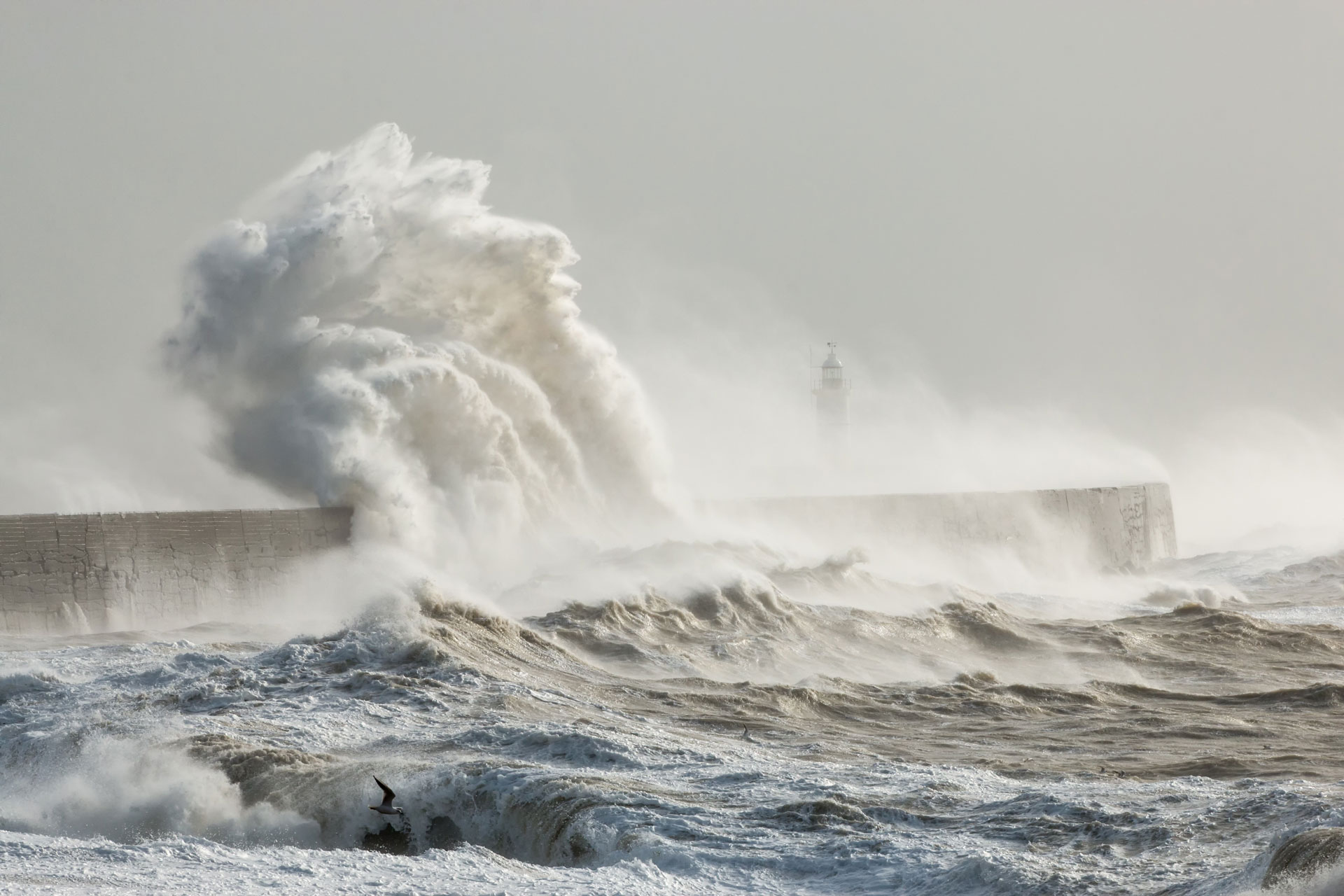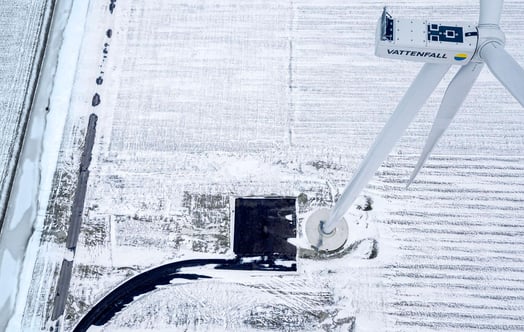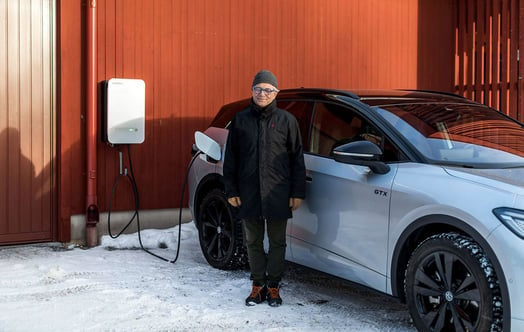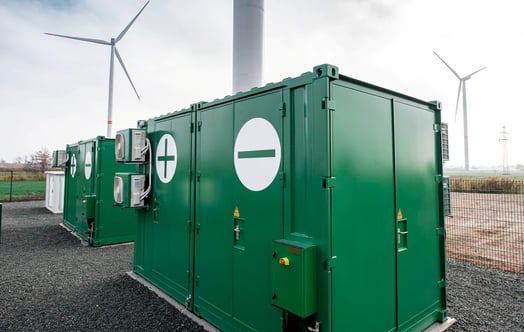Climate change is becoming increasingly apparent and is likely to become even more pronounced in the future. How will this impact the energy sector?

Mid-March, the European Environment Agency released its report on the risks associated with climate change. According to their “European Climate Risk Assessment”, Europe is currently under-prepared for many of the extreme weather phenomena that are expected, including dangerously high temperatures, more violent storms, prolonged droughts, worsening weather conditions in general. Climate change means a new reality and will affect how we live and how our societies function.
The new climate risks will affect everything and everyone, also in terms of how we produce and distribute energy.
“All energy sources will be negatively affected by climate change. For nuclear power, increased water temperatures will make it harder to obtain cooling water. For hydropower, challenges will be prolonged drought and heat waves – extremely tangible effects, especially in southern Europe. Even solar and wind power will be affected by extreme weather, as wear and tear on equipment from rain and storms will increase,” says Julie Berckmans, EEA expert on European Climate Risk Assessment.
The challenges will be considerable and to some extent will amount to a catch 22 situation. On the one hand, we need a lot of fossil-free energy to meet increased energy demand; while on the other, the risks of climate change will inevitably result in renewed pressure on the energy supply.
Berckmans says that power distribution will also be hit.
“Cables and networks are already affected by forest fires and more severe weather, and this will only worsen, perhaps to catastrophic levels. It is therefore important to adapt security measures to these risks now.”
One of the major challenges is that climate change will evolve over time, and measures to address it will have to do so, too. You need to be constantly alert. Deilang Chen is a climatologist at Gothenburg University and has written a number of reports on climate risks and the energy system, including solar power on water which can reduce evaporation from dams, and the role of urbanisation in meeting climate risks.
“Making our systems more resilient in terms of production and distribution is crucial. These systems should be stable and able to withstand disruption, while at the same time they should be able to recover quickly from negative effects,” explains Chen.
To create that resilience, you need to be vigil and ready to develop new protection systems and be able to anticipate changes.
“You can’t just assume that you’re done when you’ve developed or built up a certain type of capacity. Just because you meet the needs that exist at that point in time; you can’t sit back and rest on your laurels. You’ll need to constantly look ahead, discover and prepare for new risks because the effects of climate change will be far-reaching and unpredictable.”
It is also important to adopt a multi-pronged approach. Chen takes an example from southwestern China.
“They expanded hydropower massively there, but they failed to take into account that there was also a huge increase in the number of electric cars in the area at the same time. When the area was hit by a prolonged drought, they didn’t have enough capacity. It became an example of right-thinking: hydropower and increased use of electric cars is good – but there was no holistic perspective.”
While many future prospects may appear pessimistic, almost dystopian, Chen and Berckmans stress that they see many positive signs, too.
“I think there’s an increasing awareness of these risks. Many countries make risk assessments and have started to act on them. Comprehensive work is being done right now at all levels and progress is considerable and rapid, but the actual implementation of changes has rather fallen behind,” Berckmans says.



